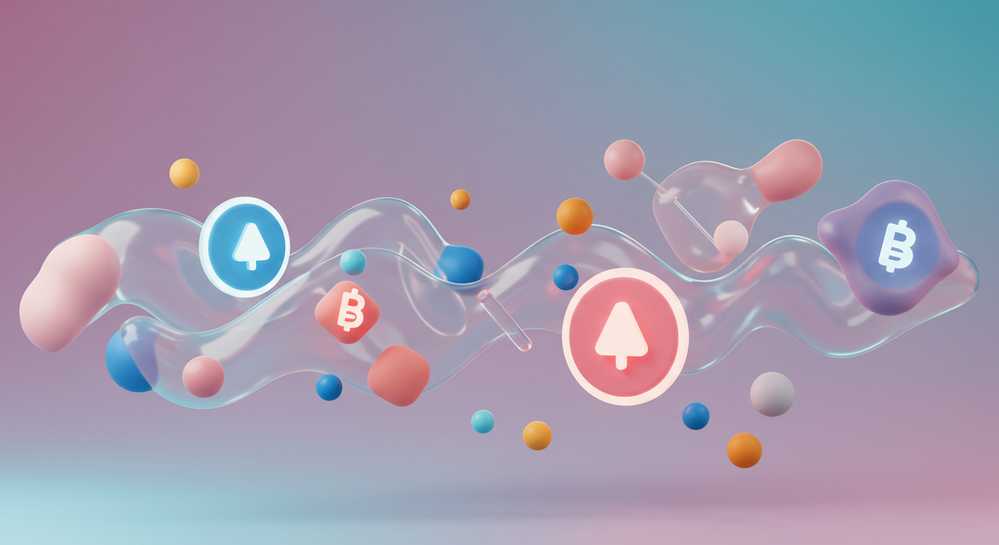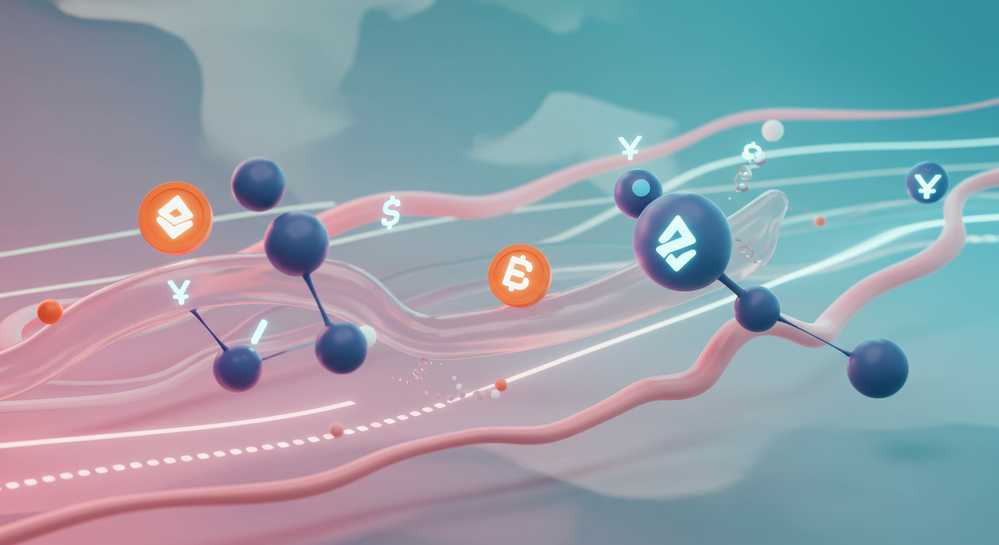The convergence of artificial intelligence and blockchain technology is ushering in a new era of decentralized automation. At the forefront of this evolution are virtual protocol ai agent – intelligent entities designed to interact with and execute actions within blockchain environments. These agents promise to revolutionize how we conceive and interact with digital protocols, offering unprecedented levels of efficiency, security, and autonomy. Understanding their mechanics and potential is crucial for navigating the next wave of Web3 innovation.
Contents
Understanding Virtual Protocol AI Agents

A Virtual Protocol AI Agent represents a paradigm shift in decentralized automation. These autonomous software entities operate directly within or interact seamlessly with blockchain protocols. Unlike traditional AI, which relies on centralized infrastructure, these agents leverage distributed ledger technology (DLT) for their core logic, data integrity, and secure transactions. Their virtual nature means they exist as code and data, executing behaviors without constant human oversight.
Key Attributes of Virtual Protocol AI Agents
Understanding a virtual protocol AI agent requires recognizing its fundamental characteristics. These agents are intrinsically linked to the underlying blockchain, ensuring transparency and immutability in their operations. They combine advanced artificial intelligence with the robust security of decentralized networks, much like advanced AI trading bots.
- Protocol Integration: Agents are purpose-built to adhere to the specific rules and logic of various blockchain protocols, such as Ethereum or Solana.
- AI Capabilities: They embed machine learning or sophisticated algorithms to process information, make autonomous decisions, and adapt dynamically.
- Decentralized Operation: All agent activities are recorded on a blockchain, guaranteeing censorship resistance and verifiable execution.
This convergence empowers a new generation of intelligent, self-governing applications within the crypto ecosystem, moving beyond simple smart contracts.
The Core Mechanics Behind Virtual Protocol AI Agents

The operational framework of Virtual Protocol AI Agents involves multiple sophisticated layers. At its core, the blockchain provides a secure, verifiable environment for agent execution and data. Smart contracts form the programmable backbone, encoding the agent’s rules, permissions, and interaction logic. These contracts dictate how an agent triggers transactions, accesses data, or responds to events within the protocol. This foundational setup ensures trustless operation.
For virtual protocol AI agents to make intelligent decisions, they often need real-world data or complex computations. These tasks are typically too expensive or impractical to run directly on a blockchain. This is where a hybrid architecture becomes essential.
Data Oracles and Off-Chain Computation for Virtual Protocol AI Agents
Decentralized Oracles securely feed verified off-chain data, such as market prices or event outcomes, to smart contracts. Simultaneously, off-chain computation networks, like specialized undefined, enable these agents to perform advanced analytical tasks. The results are then submitted back to the blockchain for verification and subsequent action. This integration allows a virtual protocol AI agent to bridge advanced AI capabilities with decentralized trust, enhancing its decision-making prowess.
Transformative Applications of Virtual Protocol AI Agents
The potential applications of Virtual Protocol AI Agents are vast, promising to redefine automation and interaction within the digital economy. Their ability to autonomously execute tasks, driven by intelligent analysis, makes them invaluable for complex, dynamic environments. This innovation extends across numerous sectors, creating new possibilities.
Decentralized Finance Automation with AI Agents
Virtual Protocol AI Agents are poised to transform Decentralized Finance (DeFi). They can execute sophisticated automated trading strategies, efficiently manage liquidity pools, and rebalance portfolios based on real-time market data and predictive AI models. These agents also enhance risk management by monitoring protocol health, identifying vulnerabilities, and triggering defensive actions like liquidations to maintain stability. Furthermore, they excel at yield optimization, dynamically seeking and allocating assets to the highest-yielding opportunities across various DeFi protocols, maximizing returns for users.
Autonomous Organizations and Web3 Gaming
Beyond DeFi, virtual protocol AI agents are crucial for establishing truly autonomous Decentralized Autonomous Organizations (DAOs). They can manage proposals, facilitate voting processes, and oversee treasury operations with unprecedented efficiency. In Web3 gaming, these agents power non-player characters (NPCs) with dynamic, intelligent behaviors. They also autonomously manage intricate in-game economies, fostering more immersive and self-sustaining virtual worlds.

The trajectory of Virtual Protocol AI Agents presents immense promise alongside significant challenges. As this technology matures, its impact on how we design and interact with decentralized systems will deepen. Addressing key areas like scalability, security, and ethical considerations is paramount for their widespread adoption and success.
Scalability and Efficiency for Virtual Protocol AI Agents
A primary challenge involves ensuring these agents operate efficiently and cost-effectively at scale. Current blockchain transaction fees and throughput limitations can hinder complex AI operations. Innovations in Layer 2 solutions, sharding, and more efficient consensus mechanisms are crucial. These advancements will enable broader adoption for every virtual protocol AI agent.
Security and Trust
Given their autonomous nature, the security of Virtual Protocol AI Agents is paramount. Preventing exploitation, manipulation, or malicious code execution demands robust smart contract auditing and formal verification. Decentralized governance mechanisms are also essential to oversee agent behavior. Establishing clear trust parameters and fail-safes will build user confidence.
Ethical and Regulatory Considerations
The increasing autonomy of AI agents within decentralized protocols raises important ethical questions. These include accountability, potential biases, and control mechanisms. Regulators are still grappling with AI and blockchain technologies separately. Their convergence creates an even more complex landscape, requiring thoughtful policy development to foster innovation while mitigating risks effectively.
Virtual Protocol AI Agents represent a significant leap forward in decentralized technology. By merging the analytical power of AI with the immutable and transparent nature of blockchain, these agents are poised to automate complex tasks, enhance protocol efficiency, and unlock novel applications across various industries. As the ecosystem matures, their role in shaping the future of autonomous digital interactions will become increasingly prominent.
Explore more innovative tools and strategies at Best Dex Sniper Bots.